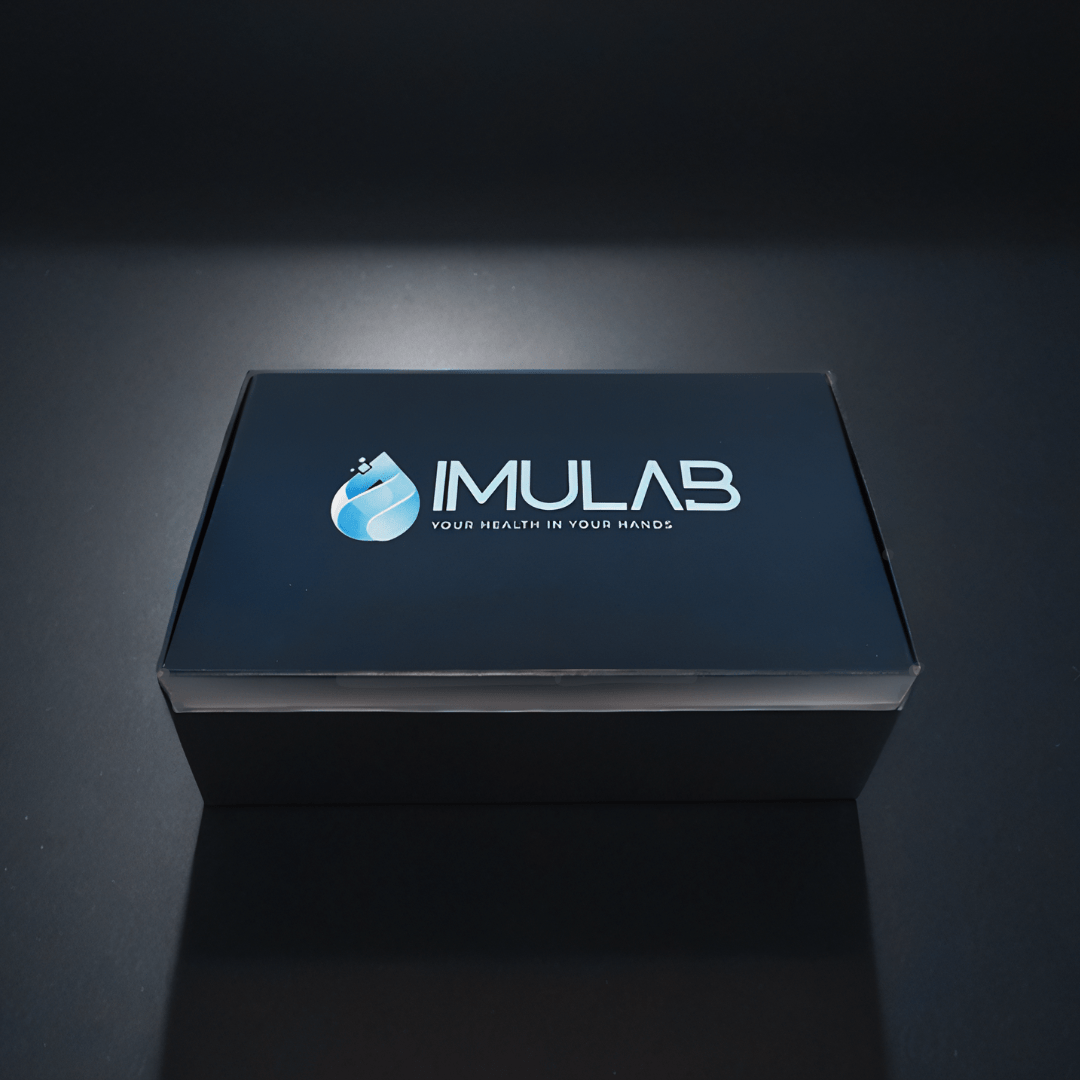IMULAB
Full blood count (FBC)
Full blood count (FBC)
How do you want to take your sample?
Please choose one option below-
Sample collection at a Superdrug Clinic +£35.00
Visit one of Superdrug's clinics across the UK where a healthcare professional will take your sample from a vein in your arm. We’ll email you instructions on how to book after we’ve processed your order.
-
Sample collection at home with a nurse +£59.00
Book an appointment for one of our nurses to visit your home and take your blood sample from a vein your arm.
-
Sample collection with your own healthcare professional Free
Make an appointment with a healthcare professional of your choice to have your venous blood sample taken. You will be responsible for arranging your appointment and any additional fees.
Couldn't load pickup availability
✅ Results expected within 2 working days
Our Full Blood Count (FBC) Test is designed to give you a comprehensive overview of your blood health, including the number and health of your red and white blood cells, as well as platelets.
Whether you are looking to monitor a chronic condition or just want to check on your general health and immune system, this test can provide valuable insights into your body's function. By examining the components of your blood, this test can help identify potential health issues, such as anemia or infection, so you can take steps to address them and improve your overall well-being.
Book an appointment today with our partner clinics at Superdrug for a venous blood sample. Alternatively, you can choose to have one of our nurses or your own healthcare professional take your venous sample in the comfort of your own home. Results are normally available within 2 working days from receipt of your sample at our laboratory and delivered directly to you through our secure online patient portal.


Red Blood Cells
Haemoglobin
Haemoglobin is a protein found in red blood cells that is responsible for transporting oxygen from the lungs to different tissues and organs throughout the body. It also plays a crucial role in carrying carbon dioxide, a waste product, from the tissues back to the lungs for elimination. The production and maintenance of healthy haemoglobin levels are essential for overall health and well-being.
When haemoglobin levels are low, a condition known as anemia can occur. Anemia can have various causes, including nutritional deficiencies, chronic diseases, blood loss, or impaired production of red blood cells. Symptoms of anemia may include fatigue, weakness, shortness of breath, pale skin, dizziness, and irregular heartbeats. It can lead to a reduced capacity to deliver oxygen to the body's tissues, affecting overall energy levels and organ function.
On the other hand, high levels of haemoglobin, referred to as polycythemia, can occur in certain conditions such as lung disease, congenital heart defects, or bone marrow disorders. Polycythemia can make the blood thicker and more viscous, which may lead to complications like blood clots, heart attacks, or strokes. Symptoms may include headache, dizziness, fatigue, blurred vision, and increased blood pressure.
Maintaining optimal haemoglobin levels is important for proper oxygen transport and overall health. If you suspect any abnormalities in your haemoglobin levels, it is recommended to consult a healthcare professional for appropriate evaluation, diagnosis, and treatment.
Haematocrit (HCT)
Red Blood Cell (RBC)
The Red Blood Cell (RBC) Count is a test that evaluates the quantity of red blood cells present in the blood. Red blood cells play a crucial role in transporting oxygen from the lungs to the body tissues, where it is utilized for various energy processes like respiration and movement. They also carry carbon dioxide from the body tissues back to the lungs, where it can be removed from the body through exhalation.
Mean Corpuscular Volume (MCV)
Mean Corpuscular Haemoglobin Concentration (MCHC)
Red Cell Distribution Width
White Blood Cells
White Blood Cell (WBC)
Neutrophils
Neutrophils are the predominant type of white blood cell in the human body that assist in combating infections. They are the primary defence mechanism that detects and destroys pathogens before other types of white blood cells are activated. If the number of neutrophils in the blood is reduced, the body becomes more susceptible to illnesses and infections.
Lymphocytes
Lymphocytes are a group of white blood cells that play a crucial role in the body's immune system by fighting against bacterial and viral infections. They are specialized white blood cells that can recognize and differentiate between different foreign organisms that invade the body. Apart from their role in fighting infections, they also produce antibodies and memory cells that can help prevent future infections from the same germ. Lymphocytes consist of T cells, B cells, and natural killer cells.
Eosinophils
Basophils
Monocytes
Coagulation (Clotting)
Platelet Count
Sampling special instructions
Prepare for your test by following the instructions contained withon your kit. For accurate results, please ensure that you fast for 8-12 hours prior to taking your sample. This means avoiding any food or beverages (except water) during this fasting period.


